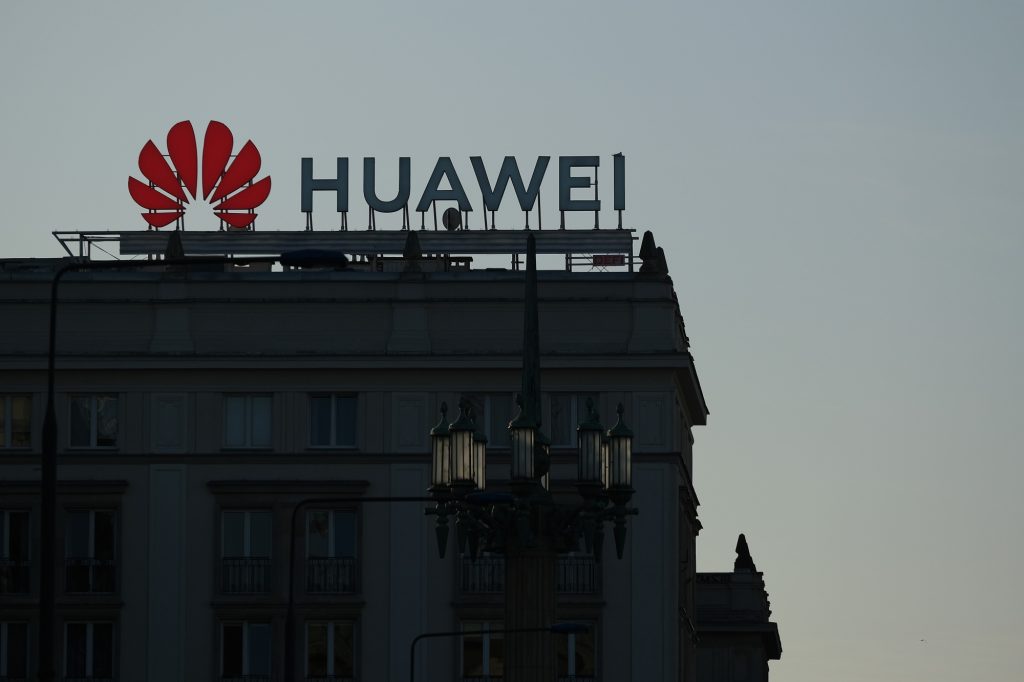Recently, Germany has made headlines with its decision to ban Huawei, the Chinese tech giant, from its 5G networks. This bold move is not just a mere regulatory shift; it’s a significant stance in the global tech landscape, resonating with implications for national security, international relations, and technological sovereignty.
A Closer Look
Germany’s decision to exclude Huawei from its 5G infrastructure stems from growing concerns about national security and potential espionage. The German government, aligning with its European and North American allies, has decided that the risks associated with allowing a Chinese company, which could be influenced by the Chinese government, to be deeply embedded in critical national infrastructure are too significant to ignore.
The ban is a result of meticulous evaluations and discussions among government officials, cybersecurity experts, and industry leaders. It reflects a broader apprehension about the potential for state-sponsored espionage and the vulnerability of networks to malicious cyber activities. By excluding Huawei, Germany aims to safeguard its national security, protect its digital infrastructure, and maintain the integrity of its data.

National security is at the heart of this decision. 5G networks are not just faster and more efficient versions of their predecessors; they are the foundation for a new wave of technological innovations, including the Internet of Things (IoT), autonomous vehicles, and smart cities. The integrity and security of these networks are paramount, as any breach or exploitation could have devastating consequences.
Allowing Huawei, a company with alleged ties to the Chinese government, to build and maintain these networks could potentially open doors to espionage and cyberattacks. Under this circumstance, the ban could help to ensure that the control over Germany’s critical infrastructure remains in trustworthy hands, thereby minimizing the risk of foreign interference.
Economic and Technological Sovereignty
Beyond national security, Germany’s move is a statement about economic and technological sovereignty. By relying on domestic and European companies for its 5G infrastructure, Germany is fostering its technological ecosystem and reducing dependency on foreign technology. This shift is crucial in an increasingly digital world where technological dominance equates to economic power.
The decision also paves the way for European tech companies like Nokia and Ericsson to play a more prominent role in the development and deployment of 5G networks. This not only supports European industry but also promotes a competitive market environment, driving innovation and ensuring that technological advancements align with European values and regulations.
Facing Pushback: Can Germany Navigate the Challenges and Criticisms of Banning Huawei?
While the decision to ban Huawei has been largely applauded from a security standpoint, it is not without its challenges and criticisms. One of the primary concerns is the potential increase in costs and delays in the rollout of 5G networks. Huawei has been a key player in the global telecom market, offering competitive pricing and efficient solutions. Excluding Huawei could lead to higher costs for network operators and, ultimately, consumers.
Moreover, there are concerns about potential retaliation from China. Germany, like many other European countries, has significant economic ties with China. The ban could strain these relations and lead to economic repercussions, including trade barriers or reduced Chinese investments in German industries.

Germany’s decision is part of a broader global trend of scrutinizing and restricting Chinese technology companies’ involvement in critical infrastructure. The United States, the United Kingdom, and Australia have already implemented similar bans, citing security concerns. This collective stance underscores a growing recognition of the strategic importance of technological sovereignty and the need to protect national interests in an interconnected world.
Germany’s ban on Huawei from its 5G networks is a landmark decision with far-reaching implications. It highlights the delicate balance between fostering technological innovation and ensuring national security. As the world becomes increasingly digital, the integrity and security of telecommunication networks will remain a critical priority. Germany’s bold move sets a precedent for other nations grappling with similar concerns, underscoring the importance of safeguarding technological sovereignty in the face of evolving global challenges.














